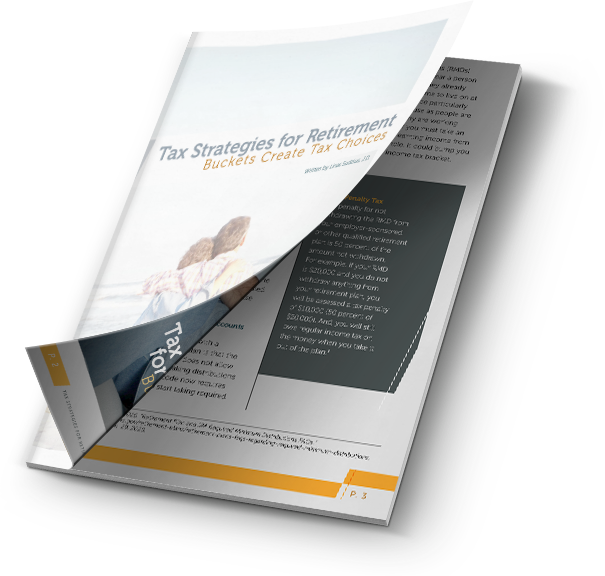Creating Your Legacy
As the holiday season approaches, we take time to stop and think about things that we value most, including family, friends, and serving those in our community. The ideas of giving and supporting those in need are on many people’s minds, as well as the legacy that we will leave behind. Often, people who are successful at their careers will want to share their wealth with the organizations they are passionate about. In a recent survey by SEI, it was revealed that 82 percent of wealthy families believed that wealth creates a greater obligation to philanthropy.
Unfortunately, just making a large donation can prove to be an inefficient way to give, and typically does not secure the last ing legacy that donors desire. In the same survey, 48 percent of the respondents indicated that the most important factor in charitable giving was that their contributions would make an impact, followed by 31 percent indicating that they were concerned most with how the charity would use the donation. Surprisingly, the survey indicated that the majority of respondents (51 percent) said that the tax incentives were the least important factor to charitable giving.
ing legacy that donors desire. In the same survey, 48 percent of the respondents indicated that the most important factor in charitable giving was that their contributions would make an impact, followed by 31 percent indicating that they were concerned most with how the charity would use the donation. Surprisingly, the survey indicated that the majority of respondents (51 percent) said that the tax incentives were the least important factor to charitable giving.
There are many ways to give to charity, ranging from charitable trusts, donor advised funds, family foundations, and lump sum donations, but charitable trusts and family foundations may be one of the most compelling options to ensure the impact of your contributions. Using these tools creates a win-win situation, offering tax advantages for the donor, leverage of the assets donated, and an ongoing giving strategy with the flexibility to change as time goes on.
When one gives to charity it is done because the donor feels strongly about a cause or organization. The benefit not only is a “feel good” deed, but the tax deduction is advantageous for the contributor. By giving to charity, one can reduce the amount of estate taxes, ordinary income taxes, and capital gains taxes you will owe substantially.
It is nearing the end of the year, which means that if you are interested in setting up any of these strategies, you can still do so, and receive the tax benefits for the 2015 tax year. If you’re curious as to how any of these charitable giving strategies could fit into your existing estate or succession plans, or if you aren’t sure if you can afford to create a substantial giving strategy, we would be happy to speak with you, and determine the best method for creating and implementing a meaningful charitable giving strategy.
Ready to Take The Next Step?
For more information about any of the products and services listed here, schedule a meeting today or register to attend a seminar.


 Instantly download this 10-page guide to discover:
Instantly download this 10-page guide to discover: